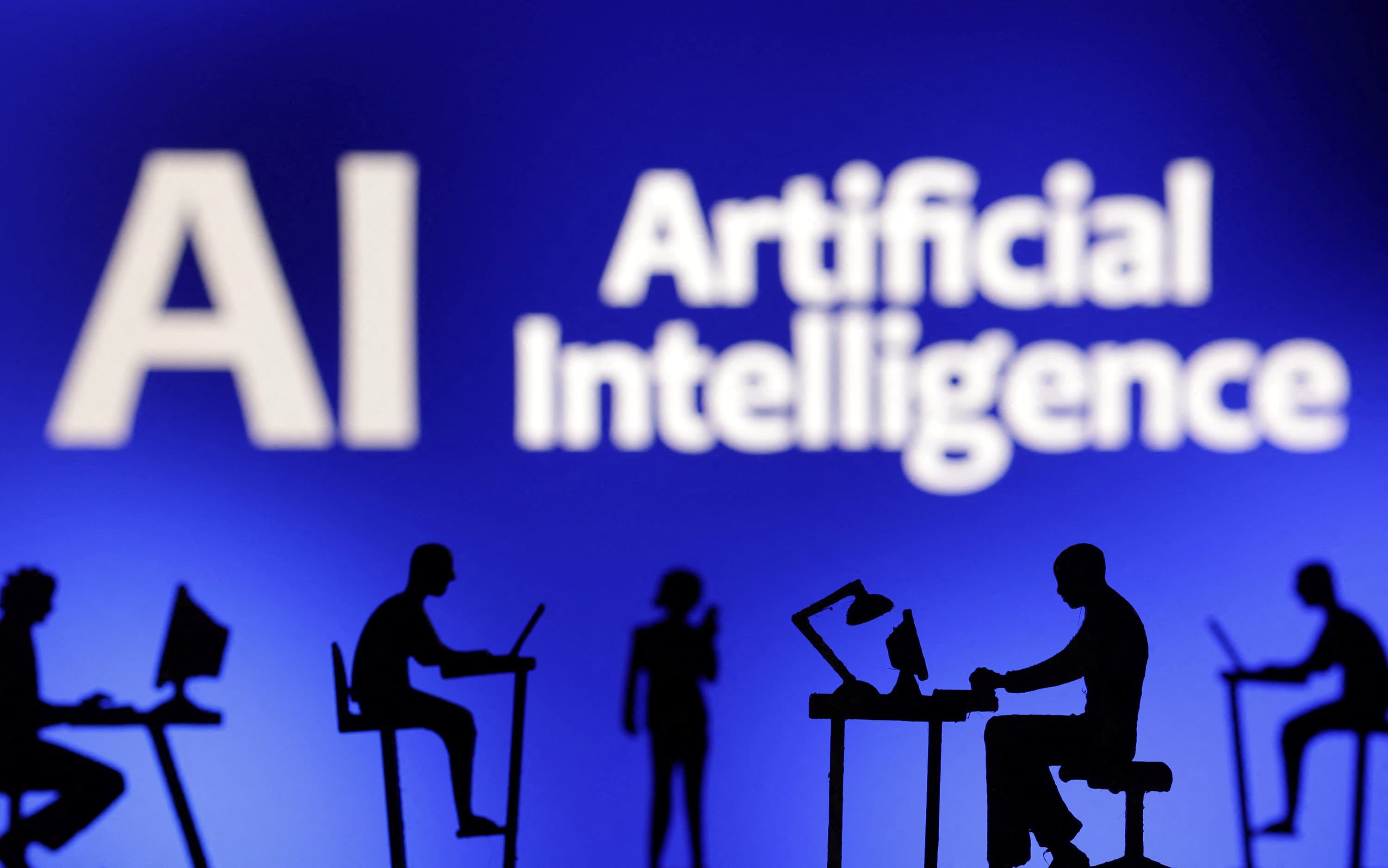
California Judge Allows Visual Artists' Copyright Claims to Proceed Against AI Firms
Ruling enables continued pursuit of allegations that AI systems misuse copyrighted works
A group of visual artists can continue to pursue some claims that Stability AI, Midjourney, DeviantArt, and Runway AI's artificial intelligence-based image generation systems infringe their copyrights, a California federal judge has ruled.
US District Judge William Orrick said the artists had plausibly argued that the companies violated their rights by illegally storing their works on their systems.
Orrick also refused to dismiss related trademark-law claims, although he dismissed others accusing the companies of unjust enrichment, breach of contract and violation of a separate US copyright law.
The decision did not address the artists' core claim that the alleged misuse of their work to train AI systems directly infringes their copyrights, or the key defence that AI companies make fair use of copyrighted material.
The artists' solicitors, Joseph Saveri and Matthew Butterick, said in a statement that the decision was "a significant step forward for the case."
Illustrators Sarah Andersen, Kelly McKernan and Karla Ortiz initially sued the companies last January in one of the first of several high-stakes lawsuits against tech companies over the use of copyrighted work in AI training. Orrick dismissed many of their allegations in October but allowed them to be refiled.
Andersen, McKernan, Ortiz, and seven other artists brought an amended complaint in November. They argued that Stability's Stable Diffusion model, utilised by all of the companies, unlawfully contains "compressed copies" of their works used to train it.
Orrick said in a tentative ruling in May that he was inclined to let the copyright allegations continue. He elaborated on Monday that the companies could not dismiss the claims at an early stage of the case.
"The plausible inferences at this juncture are that Stable Diffusion, by operation by end users, creates copyright infringement and was created to facilitate that infringement by design," Orrick said.
The case is Andersen v. Stability AI, US District Court for the Northern District of California, No. 3:23-cv-00201.
For any enquiries or information, contact ask@tlr.ae or call us on +971 52 644 3004. Follow The Law Reporters on WhatsApp Channels.